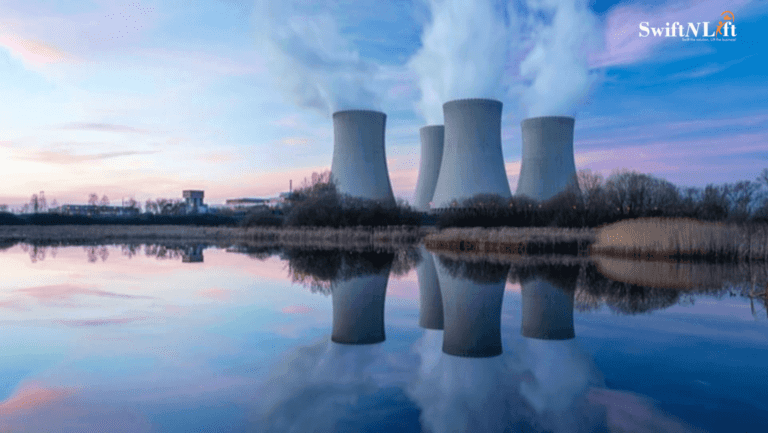
Explore the UK government’s groundbreaking plan for the largest nuclear expansion in 70 years. Uncover the promises of lower energy bills and improved security while understanding the concerns raised by critics. Delve into the roadmap’s key points, challenges, and the government’s strategies to streamline nuclear power development. Stay informed about the industry and public responses, as well as the potential implications for the UK’s energy landscape.
The UK government has recently announced its boldest move in the energy sector in seven decades – a significant expansion of the nuclear power industry. The ambitious plan aims to quadruple nuclear supplies by 2050, with promises of reduced energy bills and enhanced energy security. However, the proposal is not without skepticism, as critics argue that all clean energy sources, including renewables, require accelerated development. This article examines the key points of the government’s Civil Nuclear Roadmap and the potential implications for the UK’s energy landscape.
The Nuclear Expansion Plan:
The government’s roadmap outlines a vision for a new large-scale nuclear plant, which, if realized, would be the largest expansion of the sector since the 1950s. With the aim of boosting energy independence, the plan seeks to identify a new site for a nuclear power station similar in size and scale to the ongoing projects at Hinkley Point in Somerset and Sizewell in Suffolk. Industry insiders suggest potential locations like Wylfa in Anglesea or Moorside in Cumbria could be leading candidates.
Challenges and Skepticism:
While the government projects significant benefits, including lower energy bills and improved energy security, critics argue that the clean energy sector, particularly renewables, deserves priority attention. The Association for Renewable Energy and Clean Technology (REA) stresses the need for fast-tracking all clean energy sources. Concerns also arise regarding the lengthy process of planning and construction, with the potential for delays due to protests, as witnessed in the case of Sizewell.
Streamlining Development:
To address potential challenges, the government plans to streamline the development of new power stations by introducing smarter regulations. The goal is to expedite the process, acknowledging that the timeline from planning to actual power generation can take nearly two decades. Despite opposition, the government believes that a more efficient regulatory framework will facilitate faster delivery of new nuclear power plants.
Industry and Public Response:
Jack Abbott, a clean energy sector expert and Labour candidate, criticizes the government for dragging its feet on nuclear expansion, emphasizing the need for urgency. The REA expresses skepticism, noting that the government has been exploring private-led nuclear plants for years. However, the association commends the commitment of £300 million to produce reactor fuel in the UK, reducing reliance on foreign suppliers, particularly Russia.
The UK’s ambitious nuclear expansion plan marks a significant turning point in the country’s energy strategy. As the government aims to balance energy security, affordability, and environmental concerns, the roadmap’s success will hinge on effective community engagement, streamlined regulations, and addressing the urgent need for diverse and sustainable clean energy sources. While nuclear power is positioned as a “perfect antidote” to current energy challenges by Prime Minister Rishi Sunak, the debate continues on whether this expansion is the best path forward for the UK’s energy future.



